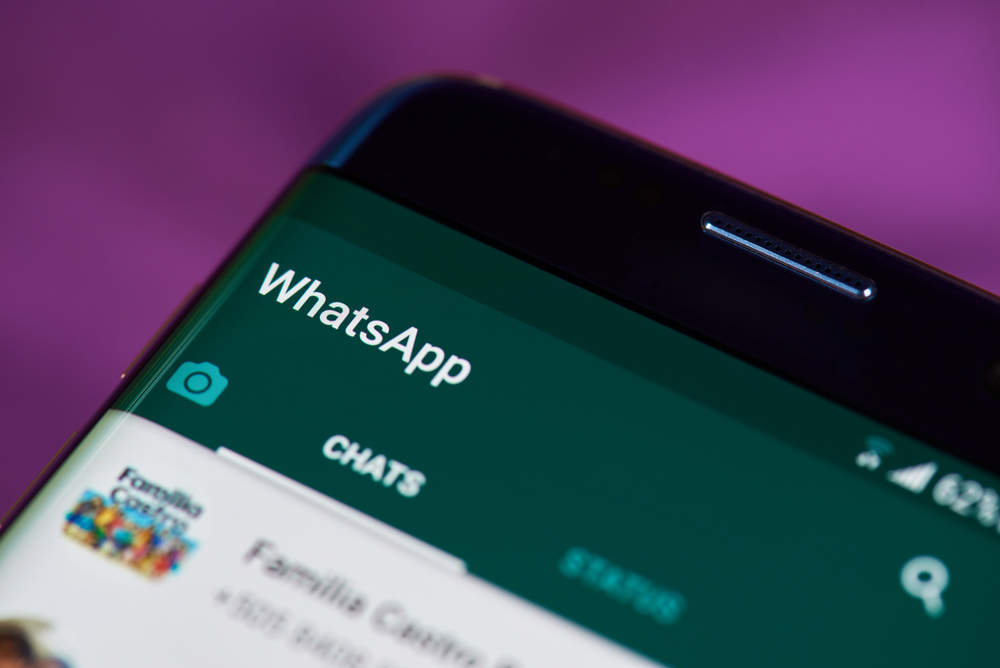
The Chinese government has interfered with WhatsApp, the instant messaging service, in a censorship push ahead of a Communist Party meeting on October 18.
The Communist Party’s national congress, held every five years, votes on the country’s leadership and high levels of surveillance are common.
Robert Lawrence Kuhn, long-time advisor to China’s leaders and multinational corporations told the BBC:
“The run-up period to a gathering is normally a time of greater restrictions of all kinds to assure that the critical Party Congress is held under ideal social conditions and is not disrupted.”
For more than a week, users in China have had problems accessing Whatsapp’s server.
They have been unable to send video messages or photographs to people outside the country.
How well do you really know your competitors?
Access the most comprehensive Company Profiles on the market, powered by GlobalData. Save hours of research. Gain competitive edge.

Thank you!
Your download email will arrive shortly
Not ready to buy yet? Download a free sample
We are confident about the unique quality of our Company Profiles. However, we want you to make the most beneficial decision for your business, so we offer a free sample that you can download by submitting the below form
By GlobalDataAt times, Whatsapp only been accessible via virtual private networks (VPNs) which circumvent China’s internet restrictions.
Widespread censorship
WhatsApp, the Facebook-owned app, is the social media giant’s only product which is allowed to operate in mainland China.
The Facebook website has been blocked in China since 2009, and its Instagram image-sharing app is also unavailable.
In July, Chinese authorities imposed restrictions on WhatsApp users’ ability to send video chats and photos .
They were temporarily lifted after a few weeks, however.
It is not yet clear whether the restrictions will be lifted this time.
Meanwhile, WhatsApp has declined to comment on the latest clampdown.
The WeChat app, owned by the Chinese tech company Tencent, is available as an alternative to Whatsapp in China.
Unlike Whatsapp, WeChat, which boasts 963m active users, does not provide end-to-end encryption so it is easily monitored by the Chinese government.
“As we get closer to the Party congress, I think authorities will use more extreme censorship measures. The public knows that WeChat isn’t safe,” Hu Jia, a prominent Beijing-based activist told AFP.
Chinese president Xi Jinping’s is expected to be re-elected at next month’s national congress but uncertainty remains over who will join him on the Standing Committee of the Politburo, the party’s highest-ranking group.







